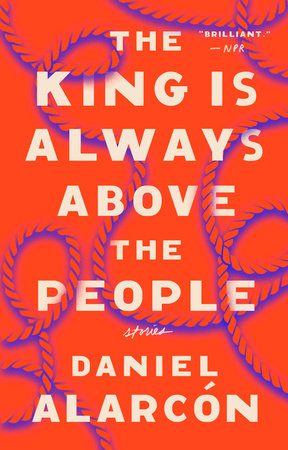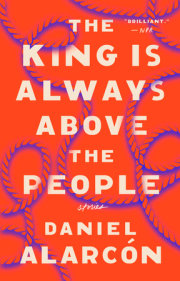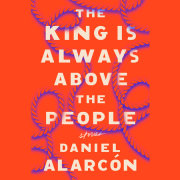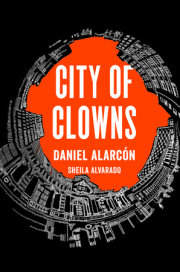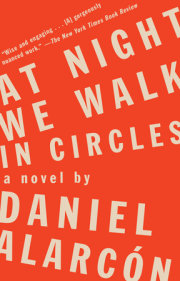The Thousands
There was no moon that first night, and we spent it as we spent our days: your fathers and your mothers have always worked with their hands. We came in trucks, and cleared the land of rock and debris, working in the pale yellow glow of the headlights, deciding by touch and smell and taste that the land was good. We would raise our children here. Make a life here. Understand that not so long ago, this was nowhere. The land had no owner, and it had not yet been named. That first night, the darkness that surrounded us seemed infinite, and it would be false to say we were not afraid. Some had tried this before and failed—in other districts, on other fallow land. Some of us sang to stay awake. Others prayed for strength. It was a race, and we all knew it. The law was very clear: while these sorts of things were not technically legal, the government was not allowed to bulldoze homes.
We had until morning to build them.
The hours passed, and by dawn, the progress was undeniable, and with a little imagination one could see the bare outlines of the place this would become. There were tents made of tarps and sticks. There were mats of woven reeds topped with sewn-together rice sacks, and sheets of pressboard leaning against the scavenged hoods of old cars. Everything the city discarded we'd been saving for months in preparation for this first night. And we worked and we worked, and for good measure spent the last hours of that long night drawing roads on the earth, just lines of chalk then, but think of it, just think . . . We could see them—the avenues they would be—even if no one else could. By morning, it was all there, this ramshackle collection of odds and ends, and we couldn't help but feel pride. When we finally stopped to rest, we realized we were cold, and on the soft slope of the hill, dozens of small fires were built, and we warmed ourselves, each taking comfort in it, in our numbers, in this land we had chosen. The morning dawned pale, the sky scoured clean and cloudless. "It's pretty," we said, and yes, the mountains were beautiful that morning.
They still are. The government arrived before noon and didn't know what to do. The bulldozers came, and we stood arm in arm, encircling what we had built, and did not move. "These are our homes," we said, and the government scratched its febrile head. It had never seen houses like ours-our constructions of wire and aluminum, of quilts and driftwood, of plastic tarps and rubber tires. It came down off its machines to inspect these works of art. We showed the government the places we'd made, and eventually it left. "You can have this land," it said. "We don't want it anyway."
The newspapers wondered where the thousands had come from. How we had done it. And the radio asked as well, and the television sent cameras, and little by little we told our story. But not all of it. We saved much for ourselves, like the words of the songs we sang, or the content of our prayers. One day, the government decided to count us, but it didn't take long before someone decided the task was impossible, and so new maps were drawn, and on the empty space that had existed on the northeastern edge of the city, the cartographers now wrote The Thousands. And we liked the name because numbers are all we ever had.
Of course, we are many more than that now.
Copyright © 2018 by Daniel Alarcón. All rights reserved. No part of this excerpt may be reproduced or reprinted without permission in writing from the publisher.

